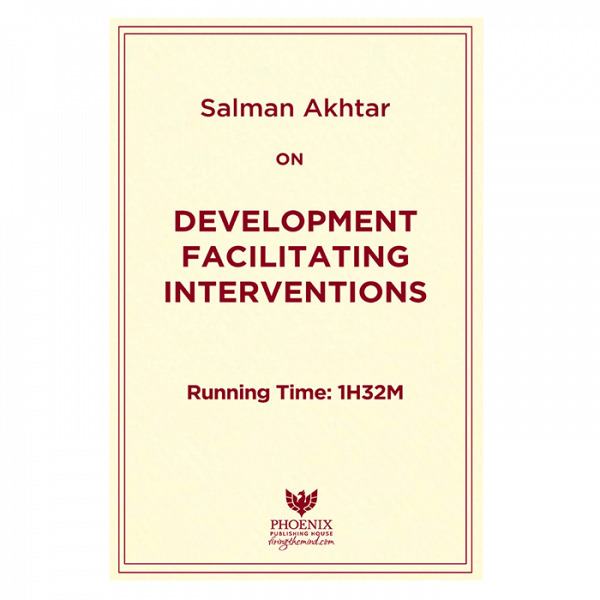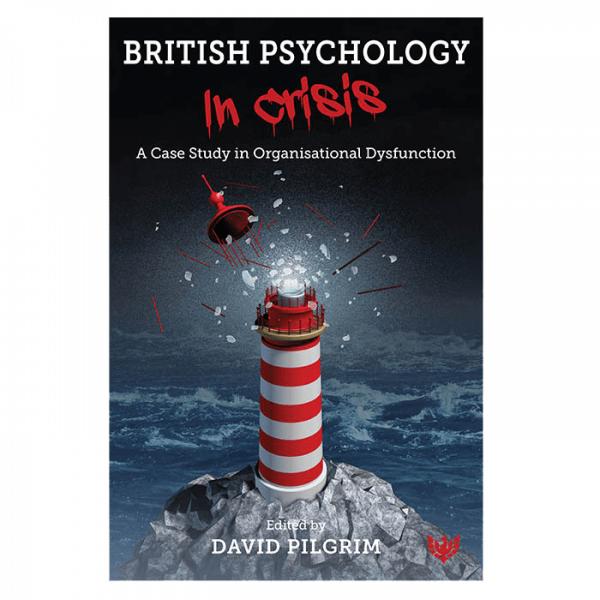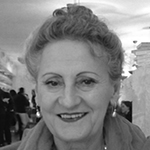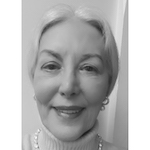The idea of The Covid Trail developed at the height of the Covid-19 pandemic. Using the language of psychoanalysis and system psychodynamic thinking, it seeks to find a way to think about and understand the post-pandemic world from an international perspective. Motivated by a desire to express what is hidden, dangerous, and difficult to express, this book takes us on a trail. It starts with disquiet, disorientation, and loss in Part I. Through attempts to make sense of it all, a clear, albeit meandering and dangerous, path to follow is created, which snakes throughout the book. Part II takes a closer look at despair and resilience and pairs them through balancing power with vulnerability. Part III delves into the realm of psychoanalysis, to seek solace, or at least a deeper understanding of the phenomenon of the pandemic, and examines how we have sown our own environmental destruction. The final part offers a glimpse into the post-Covidian world and the longer and deeper impact of Covid upon our bodies, relationships, constructs, and civilisation.
The volume ends on a trail of each chapter’s essence, taking the reader from shock, disorientation, and fear through mobilisation of resilience, a realisation of the enormity of the changes humanity faces, and an attempt to comprehend these processes as a guide to this permanent “new normal”. All those with a desire to understand the way the world has changed will want to explore The Covid Trail.






 Olya Khaleelee is a corporate psychologist, psychoanalytic psychotherapist, and organisational consultant with a particular interest in leadership, organisational transition, and transformation. She has been associated with the Tavistock Institute for over 30 years in developing group relations both in the UK and abroad, and was the first female director of the Leicester Conference, which explores authority, leadership and organisation from a psychoanalytic and systemic perspective. She was chairwoman of the London Centre for Psychotherapy (now part of British Psychotherapy Foundation) and for many years was director of OPUS: Organisation for Promoting the Understanding of Society, applying a psychoanalytic and systemic approach to understanding the societal processes that give rise to conflict and division. She has published extensively in the areas of leadership, including psychological assessment of senior executives and on system psychodynamics in the organisation and beyond, into society.
Olya Khaleelee is a corporate psychologist, psychoanalytic psychotherapist, and organisational consultant with a particular interest in leadership, organisational transition, and transformation. She has been associated with the Tavistock Institute for over 30 years in developing group relations both in the UK and abroad, and was the first female director of the Leicester Conference, which explores authority, leadership and organisation from a psychoanalytic and systemic perspective. She was chairwoman of the London Centre for Psychotherapy (now part of British Psychotherapy Foundation) and for many years was director of OPUS: Organisation for Promoting the Understanding of Society, applying a psychoanalytic and systemic approach to understanding the societal processes that give rise to conflict and division. She has published extensively in the areas of leadership, including psychological assessment of senior executives and on system psychodynamics in the organisation and beyond, into society.
Jonathan Gosling, Emeritus Professor of Leadership, University of Exeter –
‘Careful: this book may be contagious – you will want to give it to all your friends and colleagues! It so elegantly collates diverse experiences of the pandemic along with powerfully insightful analysis of those experiences. Readers will find inspiration for associative thinking about Covid and other epidemics, about loss and community, fear and love. Policy-makers will find worked-through lessons for the future, and leaders of organisations and professions may feel that at last here are thinkers who appreciate the tremendously nuanced psychic forces they had to contend with. If you like your reflection heavy-duty but not heavy, rigorous but not rigid, sparkly but not florid – this is the book for you. I recommend wholeheartedly.’
Dr Vega Zagier Roberts, consultant, co-editor of The Unconscious at Work, and member of OPUS (An Organisation for Promoting Understanding of Society) –
‘The Covid Trail is both disturbing and containing, as authors from around the globe explore the anxieties and anguish of the pandemic from multiple perspectives – individual, organisational, and societal – while opening up spaces to think about it in new ways. We went into it without a compass, and even now often grasp for certainties that inevitably eludes us. This rich, multi-dimensional and often lyrical collection is indeed a “trail” that can help us (re)orient ourselves as we continue to try to make sense of the experience and its legacy.’
James Krantz, PhD, Worklab Consulting, New York City past President, International Society for the Psychoanalytic Study of Organizations –
‘Covid is a mirror, revealing hard truths about ourselves, and a portal to a new unknown social reality. These authors have produced an elegant, unflinching, and wide-ranging volume that takes us below the surface to reveal powerful dynamics underlying our efforts to address the effects of Covid. More importantly, the volume opens new terrain for understanding the challenges that shape how we ultimately cross that threshold. The many evocative vignettes provide a vivid and powerful illustration of the challenges so many are facing.’
Mira Erlich-Ginor, training and supervising analyst, Israel Psychoanalytic Society, and founding member and secretary, Partners in Confronting Collective Atrocities (PCCA) –
‘As the end of Covid is in sight, we are eager to put it behind us. This book counteracts the, all too human, tendency to treat Covid, the trauma we are just emerging from, as a nightmare and we’ll wake to a new and better world. These two gifted editors, who have already published a book together, do not let us collude with this dangerous tendency and invite us to look with courage, honesty, and wisdom at what we have been through and what we can learn from it. In this sense, this is a much needed and timely book. We are invited to walk on a trail leading from the first shocking, chaotic stage of the pandemic through its various developmental phases, from the acute to the long-term effects, from the individual to the collective, from the local to the global, as well as from health, education, and societal effects to political developments. All along the trail they use the lenses of psychoanalytic and system psychodynamic thinking to understand better what was and what is yet to come. They bring together international authors who offer varied and multi-layered perspectives. The Covid Trail provides a unique psychic container both due to its perspective – combining psychoanalysis with system psychodynamics – as well as for its wide and rich scope.’
Jane Cooper, ‘Therapy Today’, 34:7, 2023 –
‘This book offers a below-the-surface perspective on our experience of the pandemic, exposing much that continues to be hidden from consciousness because it is so difficult. […] The […] tightly woven text flows well, providing the reader with a containing, coherent trail. I highly recommend this book.’
Jonathan Gosling, Organisational and Social Dynamics: Volume 24 Number 1 –
‘The contributors offer a blend of personal narratives, psychological insights, and sociocultural analysis. […] The Covid Trail is edited by Halina Brunning and Olya Khaleelee, who clearly approached the task with both generosity and clarity of purpose: this is a volume that contains so much that could have been diverted by rage, depression, or helplessness. Instead, the reflective and analytical gaze is steady throughout: it is a remarkable exercise in the study and interpretation of contemporary social experience. […] This is such a humanising book, because not recalling the pandemic can only be a denial of life as much as of mortality. It would be to collude (as Andrej Leder says in chapter 11) in toxic fantasies that jouissance is anything close to facing reality.’